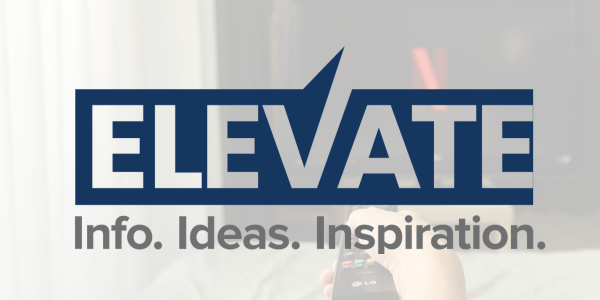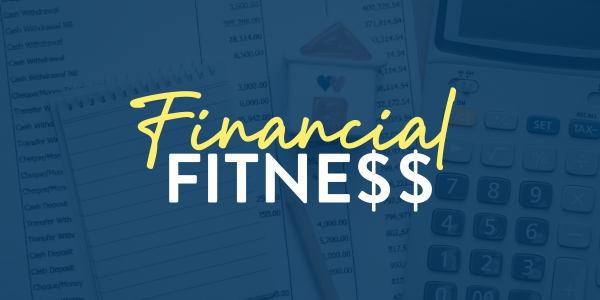
Reverse Mortgages Explained
You may be hearing a lot about Reverse Mortgages in commercials on radio and television lately. Sometimes it’s hard to decipher what, exactly a reverse mortgage is – or whether it’s something for you to consider for yourself. There’s a lot of information out there, so we wanted to break it down in easy-to-understand bites to make your decision-making as easy as possible.
What is a Reverse Mortgage? A Reverse Mortgage, also known as a Home Equity Conversion Mortgage (HECM), can be a powerful retirement financial tool for borrowers that are age 62 and over.
How does a Reverse Mortgage work? A reverse mortgage allows a homeowner to access the equity in their principal residence by receiving a monthly income, establishing a line of credit, receiving a lump sum, or any combination of the three. In general, a reverse mortgage can help provide the security of making finances last throughout retirement.
What types of Reverse Mortgages are there? There are two types of Reverse Mortgages: (1) FHA and (2) Non-FHA proprietary jumbo reverse mortgages. Those words sound daunting, but the key differences are really just the available loan amounts and the guidelines used to qualify.
The FHA variety is insured by the Federal Housing Administration (FHA), which is housed within the U.S. Department of Housing and Urban Development (HUD). Alternatively, a Jumbo Reverse Mortgage is not insured by the FHA and instead follows the guidelines created by private companies. They often allow for higher property values and loan amounts, and typically offer more options.
There are many misconceptions and myths about Reverse Mortgages... Everything from “I sign away everything, and then my kids get nothing” to “Reverse Mortgages are like free cash.” Consequently, many people don’t consider them, even though a reverse mortgage might offer them exactly what they need, or a significant advantage in their retirement planning.
Let’s review some of the common misconceptions:
Myth #1: The bank will own your home
Fact: With a reverse mortgage, you or your estate will continue to retain ownership of your home’s title. Title can also be held in a living trust, if you prefer.
Myth #2: Your heirs will inherit the reverse mortgage debt
Fact: The reverse mortgage is a “non-recourse loan”. What this means is that even if the value of the home is dramatically reduced, your heirs will never owe more than the value of the home. Your heirs have the option to sell the property (at inheritance) to repay the balance of the loan and retain any remaining equity, or they can opt to keep the house for themselves, paying off the balance of the reverse mortgage with other assets or a traditional home loan.
Myth #3: You must pay income taxes on the proceeds from a reverse mortgage
Fact: In reality, neither the federal or state governments tax the proceeds from a reverse mortgage. This is because they are categorized as loan proceeds, not earned income!
Myth #4: The reverse mortgage will affect your Social Security and/or Medicare benefits
Fact: The Reverse Mortgage generally does not affect Social Security or Medicare benefits. Borrowers that are on Social Security Disability, MediCaid or MediCal, should contact the respective agency to determine the effects, if any, of a reverse mortgage on their benefits.
Myth #5: Borrowers can be forced to leave their home
Fact: Borrowers cannot be forced to leave their home so long as they continue to live in the home as their primary residence, continue to pay Property Taxes, Insurance, HOA dues in a timely manner, and perform normal maintenance of the property.
Everyone’s situation is unique and there are many factors that determine if a reverse mortgage is a good fit.
To find out if you qualify for a reverse mortgage program and explore the many available options, contact an APM Reverse Mortgage Specialist today.
Guest Blogger: Des Lenz, Reverse Mortgage Director, American Pacific Reverse Mortgage Group
*Refinancing may result in finance charges that may be higher over the life of the loan. Consult with your loan advisor for details.







